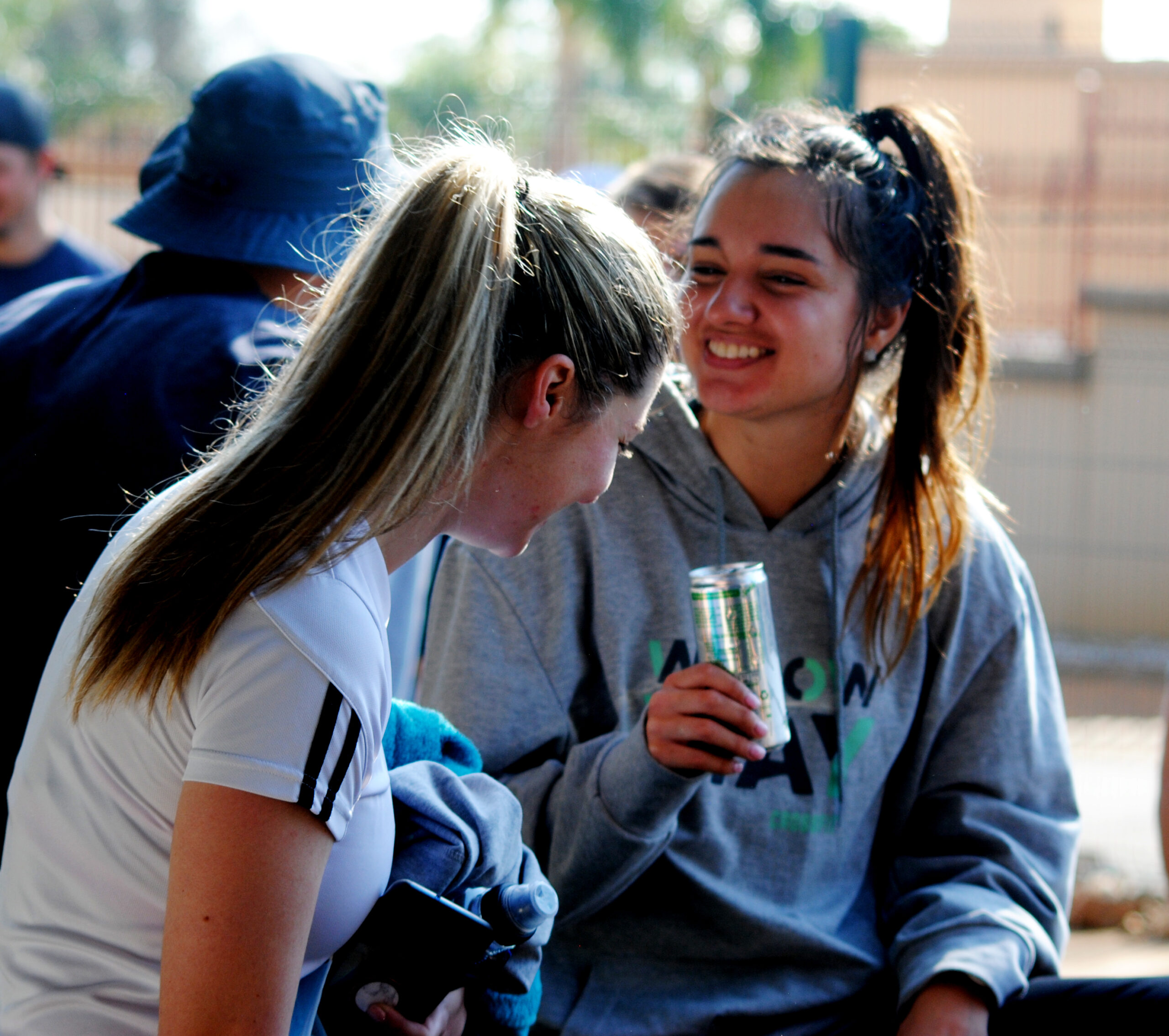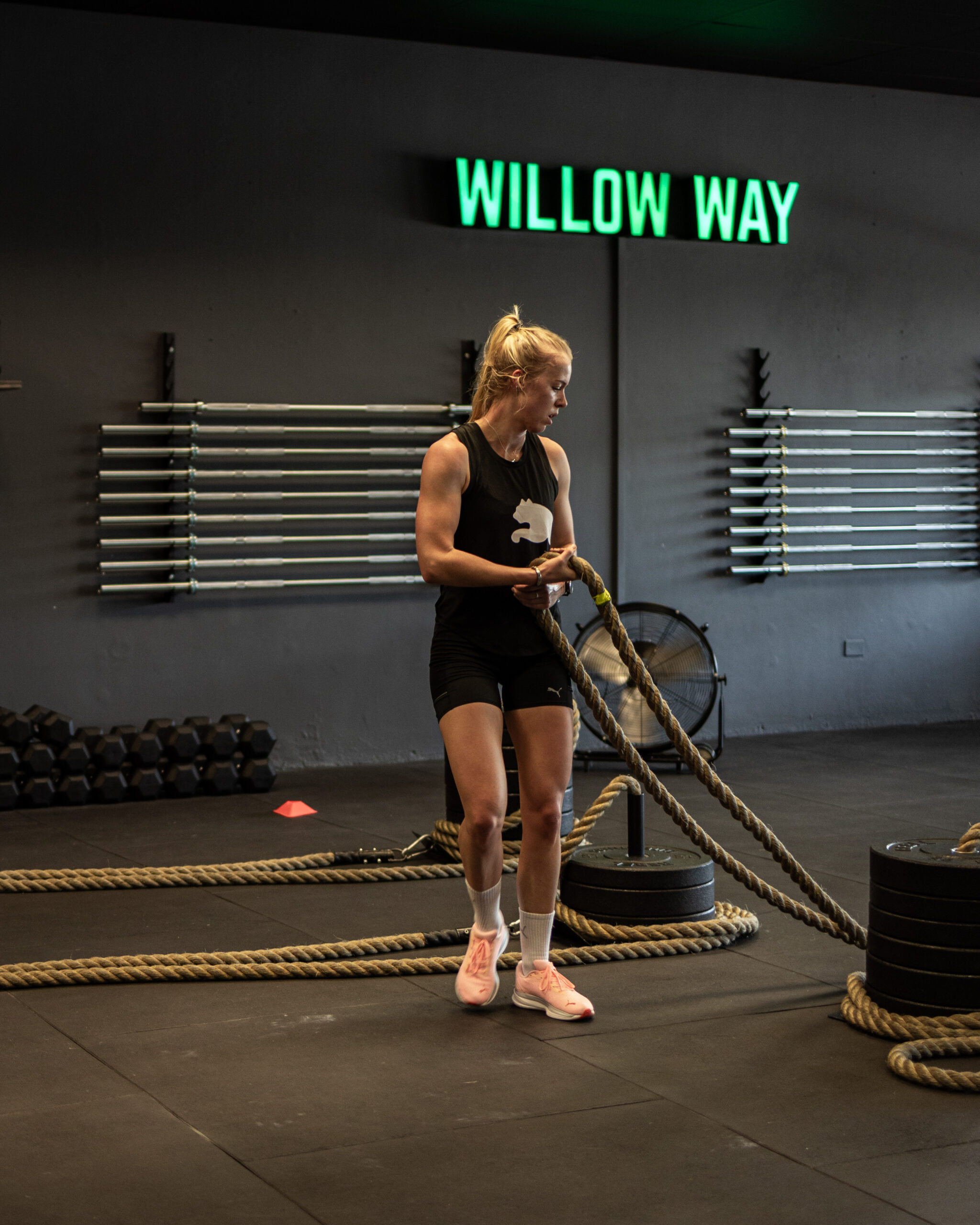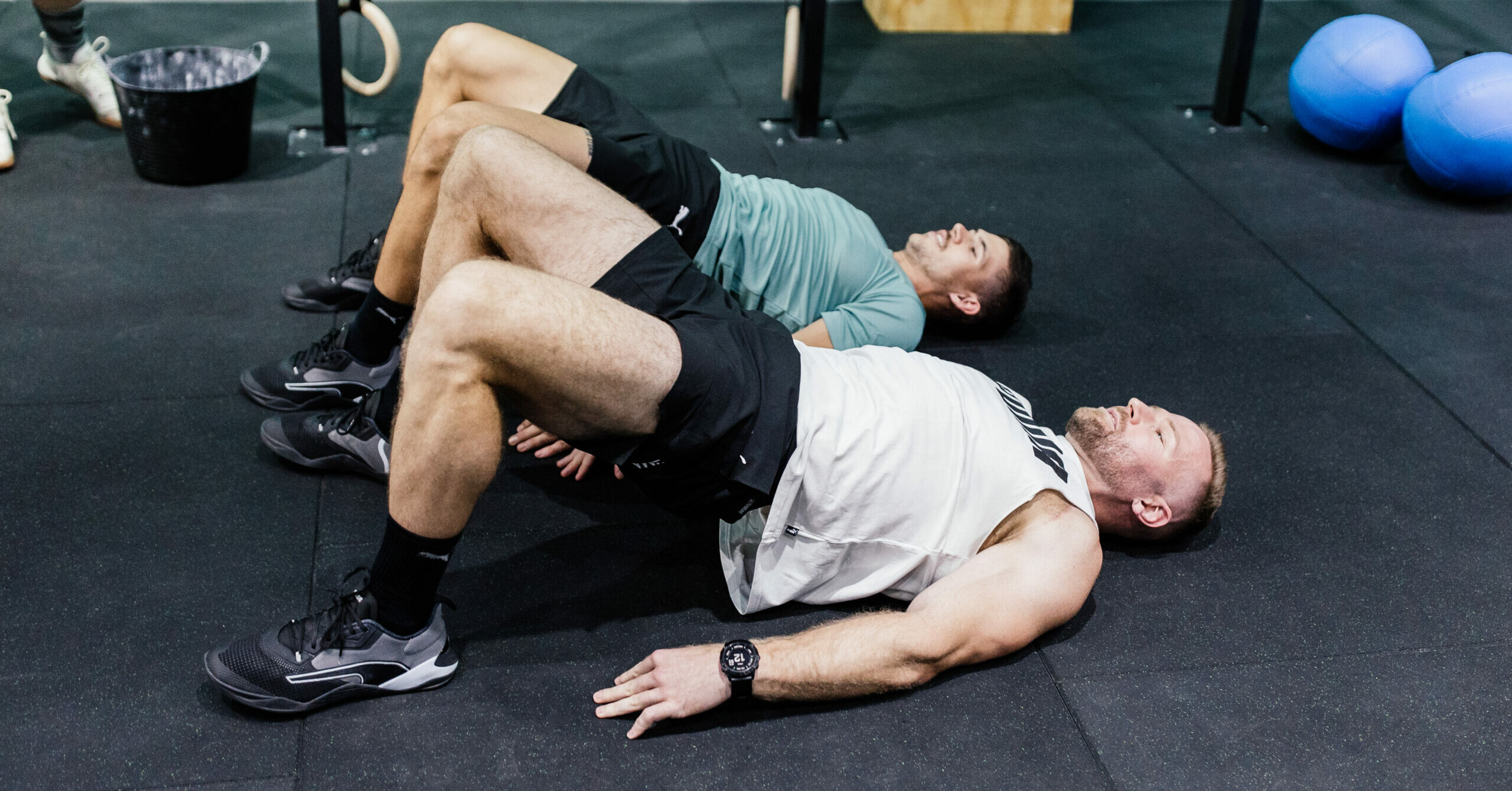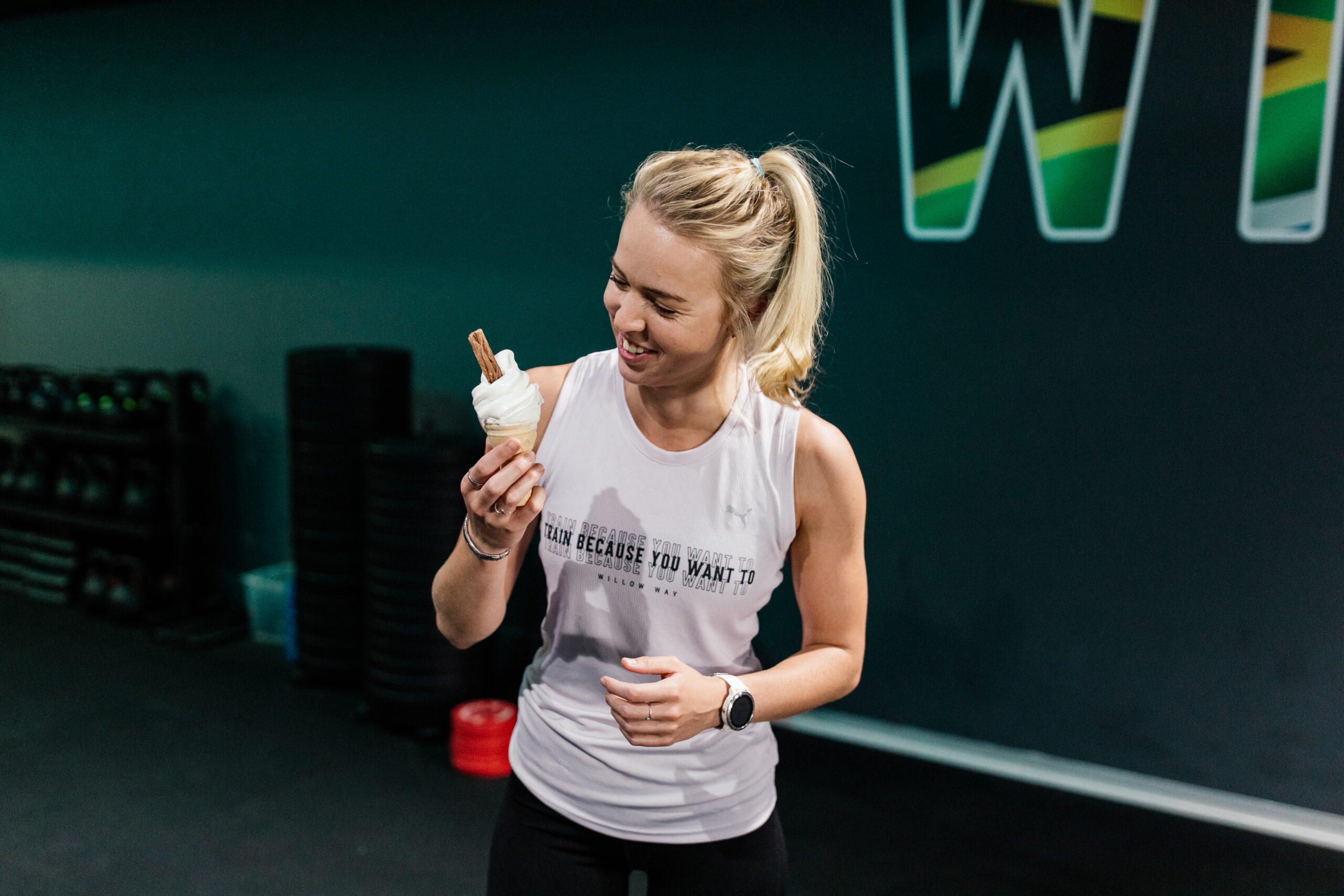This week’s topic is a good one: what effect does alcohol have on training? I’m not referring to when the Huisgenoot advises you to drink a glass of red wine every night. We’re exploring the genuine, science-backed connection between alcohol and our fitness.
I’ve categorised the impact into two parts (because that’s the way I think about it): the immediate effects and the extended effects.
The Immediate Effects: The Caloric Impact.
When discussing alcohol and training, the obvious starting point is: how many calories are we consuming?
For context, the average woman consumes around 2000 calories per day, and the average man about 2500. Often, we underestimate the added calories from drinks because they’re in liquid form.
Here’s a breakdown of some popular choices:
- Gin & Tonic: Roughly 120 calories, contingent on the tonic and the pour.
- Brandy & Coke: Just the brandy packs 130 calories. With the Coke, you’re looking at 180-240 calories for a “volroom” double brandy & Coke.
- Beer: Ranges from 103 to 156 calories.
- Red Wine: Approximately 125 calories per glass.
It’s not about eating less on days when you want to have a few drinks (that’s a poor approach). Instead, consider how opting for 4 drinks over 5 can accumulate over time. If you typically drink 5 brandies every weekend and decide to limit it to 4, you’d consume over 10,000 fewer calories in a year.
The Extended Effects: More Than Just Calories
The aftermath of drinking gives us a bit more to think about than the immediate effects.
Here’s what science says:
- Disrupted Protein Synthesis: Alcohol diminishes the body’s protein synthesis capability, which is vital for post-exercise muscle repair and growth.
- Reduced Testosterone Levels: Testosterone is crucial for muscle development and alcohol can decrease its levels.
- Dehydration: As a diuretic, alcohol boosts urine production, leading to dehydration – something muscles rely on for recovery. (also makes you feel sh#tty)
- Sleep Disturbance: Alcohol might induce sleep quicker, but it disrupts the REM sleep phase, essential for physical and mental recovery.
- Hormonal Imbalance: Alcohol ups cortisol production while decreasing testosterone. This can result to fat accumulation and reduced muscle and bone density.
- Post-Alcohol Cravings: Alcohol can cause blood sugar to plummet, resulting in cravings for carb-heavy or sugary foods the next day.
“I had a big night of drinking, I can’t wait to eat a chicken salad today”
No one. Ever.
This information isn’t meant to deter you from alcohol. As South Africans, a drink at a braai or wine on a night out is ingrained in our culture. The aim is to understand how to minimise its negative effects.
Knowing alcohol can dehydrate, perhaps drink more water on a night out. Aware of the impending blood sugar drop? Eat healthier food the following day, regardless of cravings. That’s the trade-off for enjoying the night before.
Ultimately, it’s about personal choices. Do you train hard to offset those extra drink calories? If so, cheers to you! But if you’re puzzled by a plateau in your fitness journey, alcohol might be a factor to look at.
Stay informed, and align your choices with the life you want to live.
Until next time.





